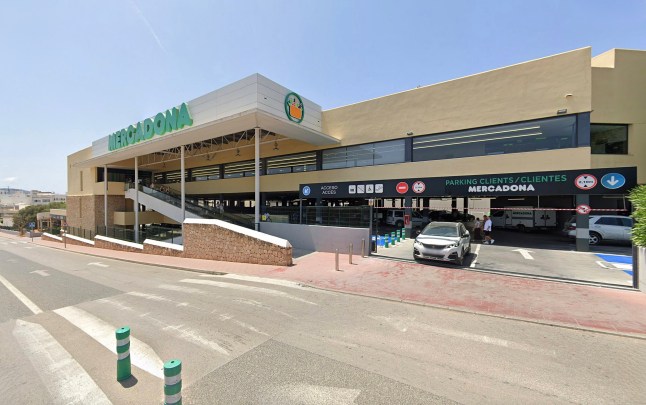Tue Jul 15
A new horizontal well test interpretation model of SRV in shale gas reservoirs
 2021-12-14
2021-12-14
XU Zhongyi1, FANG Sidong1, ZHANG Bin2, LIU Yinshan3, LIU Hua1, DAI Cheng1
1. Petroleum Exploration & Production Research Institute, SINOPEC, Beijing 100083, China;
2. PetroChina Changing Oilfield Company Foreign Cooperation Department, Xi’an 710018, Shaanxi Province, China;
3. Research Institute of Yanchang Petroleum (Group) Co., Ltd., Xi’an 710065, Shaanxi Province, China
Abstract: The stimulated reservoir volume (SRV) fracturing has become a critical technology for the development of the unconventional oil and gas reservoirs. It is very important to propose well test models characterizing the complex fracture networks. Based on the assumption of orthogonal fracture networks, a new well test model is proposed for SRV treated horizontal wells considering the complex fracture networks. Laplace transform is used to obtain the analytical solution of the model, and the solution is validated via numerical simulation. The effects of fracture network parameters on well test curves are analyzed. The results show that the analytical model can successfully characterize the complex fracture networks, and receive precise computation, so the model is suitable for the well test analysis for SRV treated horizontal wells. There are five flow regimes for SRV treated horizontal wells, namely wellbore storage stage, linear flow stage in the induced fractures, crossflow stage of secondary fracture–induced fracture, linear flow stage in the matrix, and boundary-controlled flow stage respectively. The parameters of the fracture network have a great impact on characteristics of the well test curves, and the different parameters have influences on the different flow regimes.




